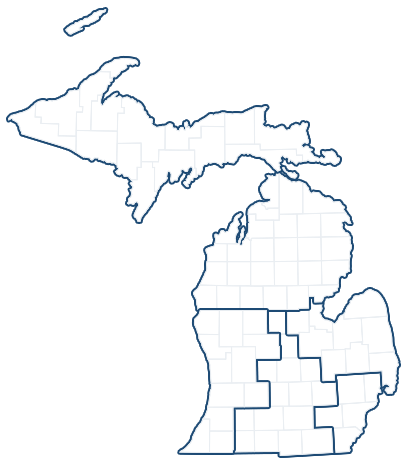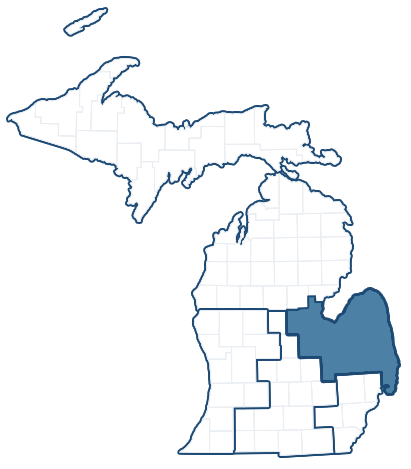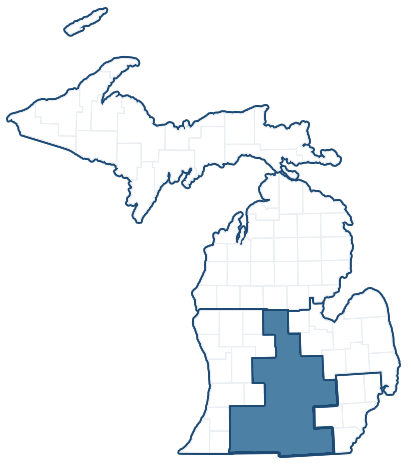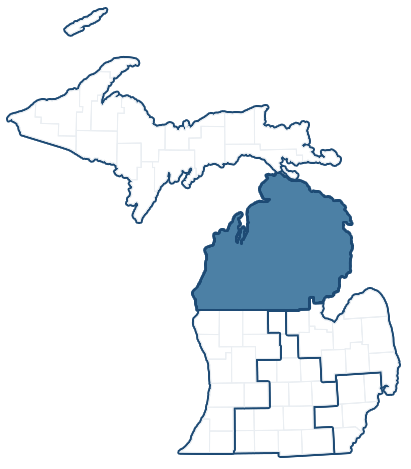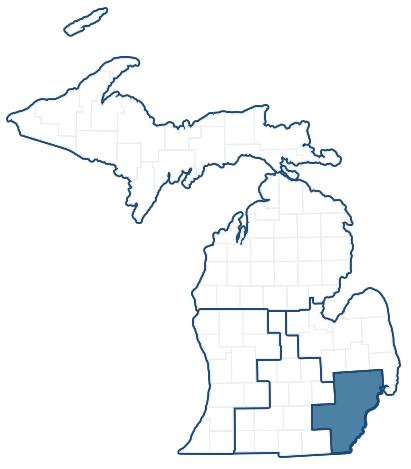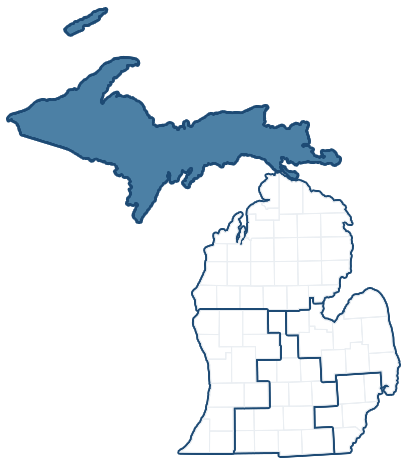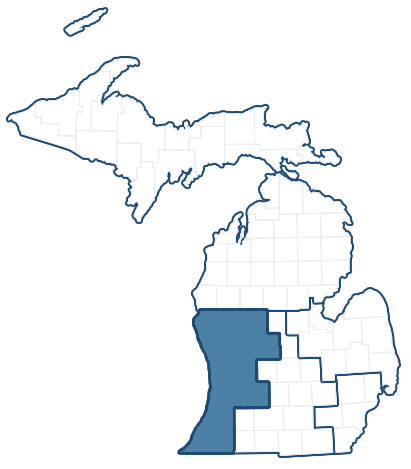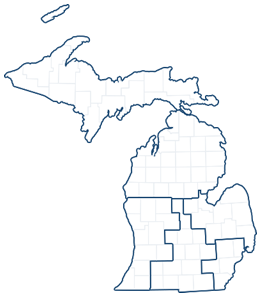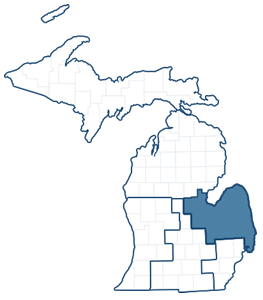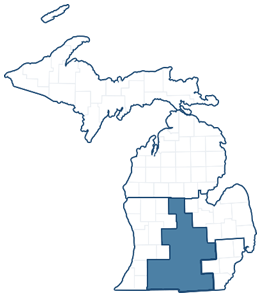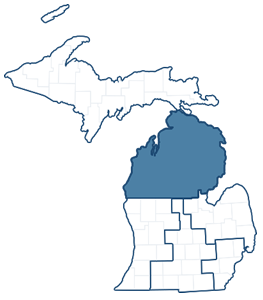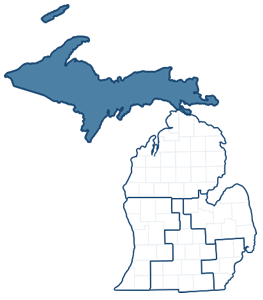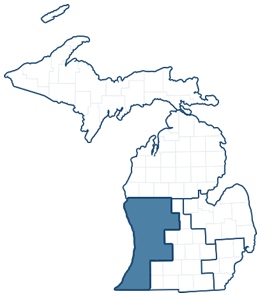Stabenow Calls on Trump Administration to Support Additional Funding to Combat Opioid Epidemic
Wednesday, November 08, 2017Following last week’s declaration of the opioid epidemic as a national public health emergency, U.S. Senator Debbie Stabenow (D-MI) joined 21 other Senators calling on President Trump to provide the necessary funding to combat the opioid epidemic. Only $57,000 is currently available in the Public Health Emergency Fund, which is not enough to make a meaningful difference in the face of an epidemic that claimed nearly 60,000 lives last year. In 2015, Michigan had the seventh most deaths of any state in the country and close to 2,000 people lost their lives from a drug overdose.
“We appreciate your formal declaration that the opioid epidemic is a National Public Health Emergency. While this is a positive step forward, more action must be taken in order to craft a timely and effective national strategy that will achieve long term solutions to this crisis. Specifically, we are concerned that your declaration does not yet include any additional funding resources for key programs and initiatives that will help our patients, providers, first responders and researchers who desperately need more assistance,” wrote the senators. “As such, we encourage your Administration to work closely with Congress to swiftly provide the necessary additional and sustained funding to carry out a multi-faceted approach that supports activities related to research, education, prevention, treatment and rehabilitation.”
Last week, Senator Stabenow sent a letter asking President Trump to follow the recommendations of his Commission on Combating Drug Addiction and the Opioid Crisis and allow the government to negotiate lower prices for naloxone, a life-saving opioid overdose reversal drug.
The signed copy of the letter is attached to this release and the full text may be found below.
November 3, 2017
President Donald J. Trump
The White House
1600 Pennsylvania Avenue NW
Washington, D.C. 20500
Dear President Trump:
We appreciate your formal declaration that the opioid epidemic is a National Public Health Emergency. While this is a positive step forward, more action must be taken in order to craft a timely and effective national strategy that will achieve long term solutions to this crisis. Specifically, we are concerned that your declaration does not yet include any additional funding resources for key programs and initiatives that will help our patients, providers, first responders and researchers who desperately need more assistance.
Your declaration allows the Secretary of Health and Human Services to allocate money from the Public Health Emergency Fund to support health activities and other measures to address public health emergencies. However, only $57,000 is currently available in the Emergency Fund, which is not enough to make a meaningful difference in the face of an epidemic that claimed nearly 60,000 lives last year. In fact, according to a recent analysis done by the National Institute on Drug Abuse in May 2017, the total cost of treating prescription opioid use disorders and responding to overdoses in the United States in 2013 was $78 billion, $28.9 billion of which was for treatment.
Researchers, providers, patients, first responders, experts and policy makers agree that investing sufficient and timely resources are of paramount importance in order to allow our communities to effectively combat this epidemic. The President’s Commission on Combatting Drug Addiction and the Opioid Crisis agrees. The final Commission report released this week recommends that your Administration increase access to treatment and recovery programs, as well as expand the capacity for medication-assisted treatment and first responder access to overdose reversal drugs. As such, we encourage your Administration to work closely with Congress to swiftly provide the necessary additional and sustained funding to carry out a multi-faceted approach that supports activities related to research, education, prevention, treatment and rehabilitation.
We stand ready to work with you on crafting an overall strategy to combat the opioid epidemic and urge you to support the additional funding needed to stem the tide of this public health emergency.
Next Article Previous Article



